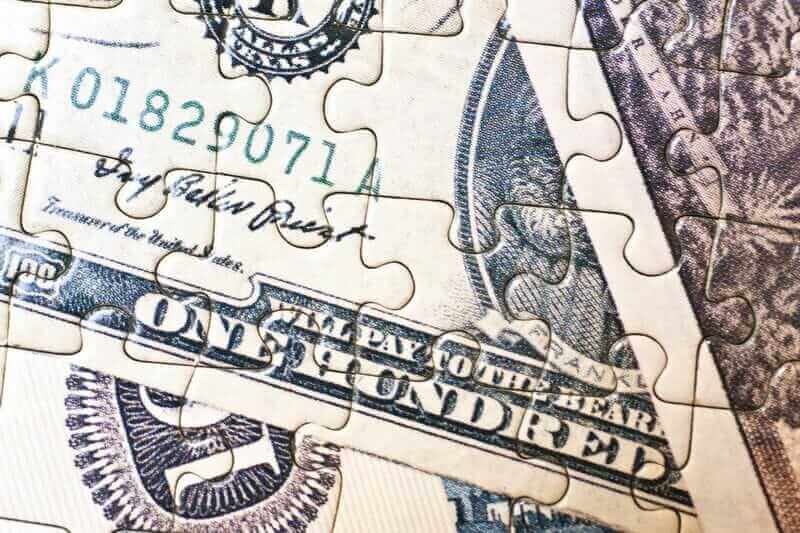
The dollar index (DXY00) on Wednesday fell by -0.07% but stayed above Tuesday’s 2-week low. On Wednesday, the dollar posted modest losses after the weekly MBA mortgage applications report showed the average 30-year fixed mortgage rate rose above 7% for the first time in 2 months, a negative factor for housing and the U.S. economy.
Losses in the dollar were limited by hawkish comments from Fed Governor Bowman and Richmond Fed President Barkin and the hawkish minutes of the Jan 30-31 FOMC meeting. Weakness in stocks on Wednesday also boosted some liquidity demand for the dollar.
U.S. weekly MBA mortgage applications fell -10.6% in the week ended Feb 16. The home purchase sub-index fell -10.1% to a 3-month low, and the refinancing sub-index fell -11.4%. The average 30-year fixed rate mortgage rose +19 bp to a 2-month high of 7.06% from 6.87% the prior week.
Fed Governor Bowman said that with the current economic environment, the time for an interest rate cut by the Fed is "certainly not now."
Richmond Fed President Barkin said recent economic data highlighted how price pressures in some sectors are still too high despite improvement in the overall inflation picture.
The minutes of the Jan 30-31 FOMC meeting were hawkish as they stated that "most participants noted the risks of moving too quickly to ease the stance of policy and emphasized the importance of carefully assessing incoming data in judging whether inflation is moving down sustainably to 2%."
The markets are discounting the chances for a -25 bp rate cut at 7% for the March 19-20 FOMC meeting and 33% for the following meeting on April 30-May 1.
EUR/USD (^EURUSD) on Wednesday rose by +0.05% but remained below Tuesday’s 2-week high. The euro found support Wednesday after the Eurozone Feb consumer confidence indicator rose. Also, hawkish comments from ECB Governing Council member Wunsch gave EUR/USD a boost when he said the ECB "can't exclude policy staying tighter for longer than currently expected."
The Eurozone Feb consumer confidence indicator rose +0.6 to -15.5, right on expectations.
ECB Governing Council member Wunsch said it may be too early to get hopes up on interest rate cuts as wage pressures are high and labor markets are tight, and the ECB "can't exclude policy staying tighter for longer than currently expected."
Swaps are pricing in the chances for a -25 bp rate cut by the ECB at 2% for its next meeting on March 7 and 38% for the following meeting on April 11.
USD/JPY (^USDJPY) on Wednesday rose by +0.14%. On Wednesday, the yen fell moderately after the Japanese government downgraded its assessment of the economy for the first time in three months. The yen extended its losses Wednesday after T-note yields turned higher.
On the date of publication, Rich Asplund did not have (either directly or indirectly) positions in any of the securities mentioned in this article. All information and data in this article is solely for informational purposes. For more information please view the Barchart Disclosure Policy here.






